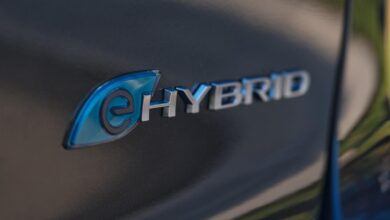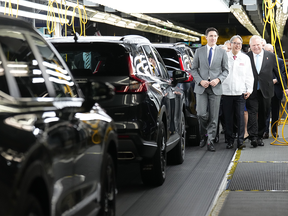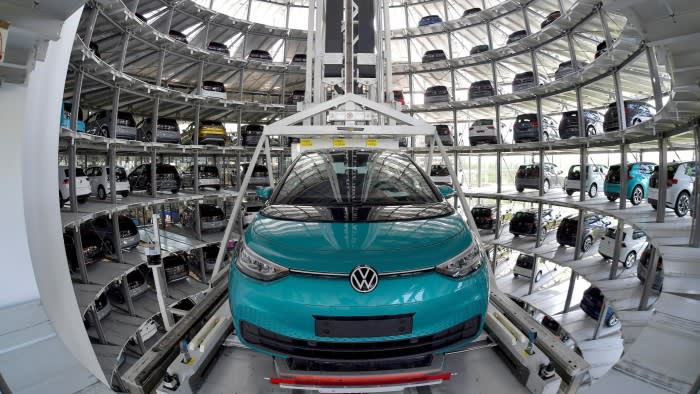EVs are driving boom in novated leases as customers choose Tesla and BYD

Novated leases are booming for listed car fleet manager FleetPartners as electric vehicles (EVs) now make up the majority of new business.
EVs accounted for 63 per cent of new business writings in its novated leasing arm in March, and 51 per cent across the whole first half of 2024, the company said on Monday.
That level of take up is higher than average, if data from the National Automotive Leasing and Salary Packaging Association (NALSPA) is anything to go by.
The association said in March that EVs were making up between 35 per cent and 40 per cent of all new novated leases, helped along by campaigns that show leasing an EV is much more affordable than buying any car outright.
Indeed, FleetPartner’s novated division, which allows businesses to offer employees the option to lease cars using pre-tax income, is experiencing huge growth, with new leases signed rising by 81 per cent on the same period in 2023 and up 11 per cent from the previous half.
“Growth has been supported by the Electric Car Discount legislation, which … has stimulated strong demand for EVs,” says CFO James Owens.
“Availability of EVs has been good. We’re seeing a widener range of EVs entering the market and therefore greater interest in our EV leases.”
the BYD Atto 3 and the Tesla models Y and 3 are the most popular, but that status is rapidly being eroded as more models become available, the company says.
The exemption from paying fringe benefit tax for battery electric and plug-in hybrid cars, the ceiling for which rose this year to $89,332, has stimulated demand on the novated leasing side, and also for corporate fleets.
FleetPartners says EV penetration in its novated lease fleet is now at 57 per cent.
The company’s financial data is backed by stats showing the boom in novated leases being taken up by drivers in commuter suburbs in Melbourne and Sydney.
Outer suburbs Werribee and Tarneit in Victoria, and Kellyville, Riverstone, and Baulkham Hills in New South Wales, rank within the top ten postcodes for the highest uptake of novated leases for battery electric vehicles (BEVs) and plug-in hybrid electric vehicles (PHEVs), according to the National Automotive Leasing and Salary Packaging Association (NALSPA).
NZ’s EV downturn
In New Zealand, however, where FleetPartners also operates, the damage done by the new National government’s removal of the Clean Car Discount is evident: EV registrations fell from a peak of 27 per cent of all cars – a high as New Zealanders rushed to take advantage of the end of the subsidy – to just 4 per cent between January and March this year.
The government promised instead to invest in public charging infrastructure, but energy and transport minister Simeon Brown told The Driven in April the plan was still subject to a cost benefit analysis and he did not have details available yet to share.
Holding EV adoption back generally for both novated and fleet leasing has been the lack of utes and vans – models that are just beginning to enter the market now – limited home charging options such as at older apartment buildings, and acceptance by people who aren’t early adopters.
The whole-of-life costs between operating an ICE vehicle versus an EV is closing, which is helping to lower the barrier to entry for first-time EV owners.
FleetPartners reported an after-tax net profit of $41.8 million, which was 4 per cent lower than the previous corresponding period in 2023.
The company says this was because of higher operating costs, which were up 6 per cent, and lower end of lease income per vehicle which was $6,291, higher than before the COVID pandemic but 18 per cent lower than the same period in 2023.
End of life income comes from variations in the contract, such as shortening the life of the lease, and from selling cars when they’re returned at the end of lease periods.
Rachel Williamson is a science and business journalist, who focuses on climate change-related health and environmental issues.



